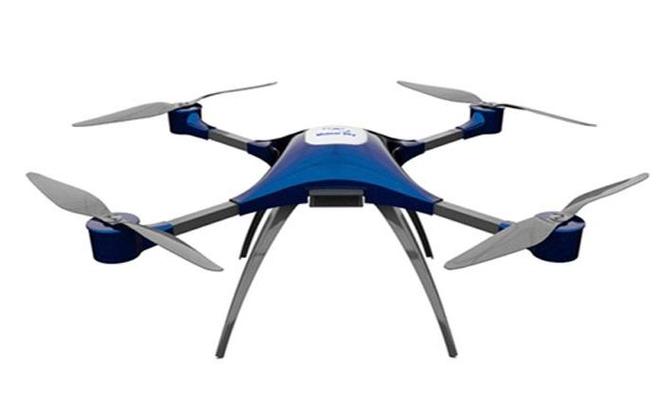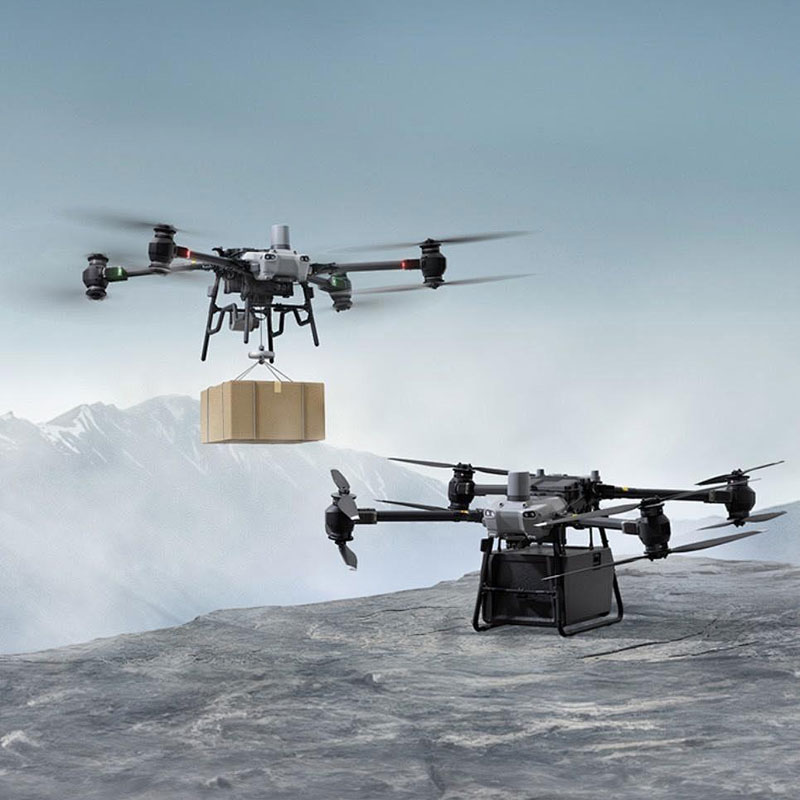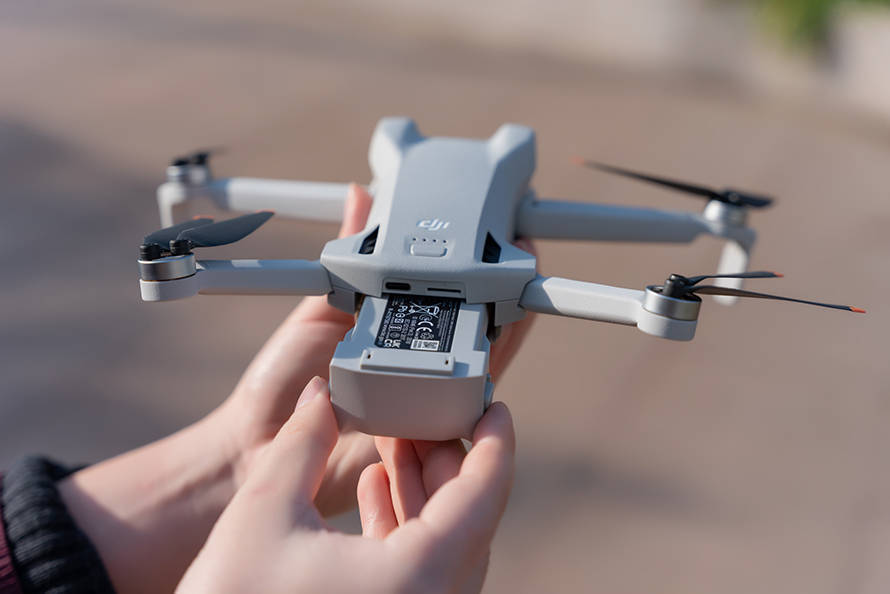
Exploring the Frontlines of Autonomous Aerial Combat
The concept of “drone wars” has evolved significantly in recent years, reshaping military strategies and introducing new ethical dilemmas. Autonomous aerial combat is no longer a notion of the distant future, but rather a present reality that continues to advance at an unprecedented rate.
Advancements in Drone Technology
The dawn of drone technology brought with it myriad opportunities and challenges. Initially used for reconnaissance purposes, drones have now been equipped with AI-powered systems that enhance their capabilities in combat scenarios. These systems allow drones to operate independently, analyzing environments, identifying targets, and executing missions with precision. This level of autonomy raises critical questions regarding decision-making in warfare and the role humans will play in these automated processes.

Military Strategies Reimagined
Drone wars are altering traditional military tactics. Countries invest heavily in drone technology as a means to assert dominance in aerial combat. This shift impacts strategic planning, necessitating new approaches to warfare that prioritize technology over troop deployments. Nations now focus on developing sophisticated drone fleets that can be deployed swiftly and effectively, reducing the risks associated with human casualties.
Ethical and Legal Challenges
With autonomous drones taking more responsibilities in military operations, ethical considerations come to the forefront. The potential for drones to make life-and-death decisions independently raises concerns about accountability and moral responsibility. As these technologies advance, international regulatory bodies struggle to keep pace, seeking to establish guidelines that ensure drone warfare is conducted within a framework of legality and ethics.
Impact on Global Security Dynamics
Drone wars have profound implications for global security, influencing power balances and triggering arms races. Nations strive to outpace each other in developing sophisticated drones, leading to increased tensions and the risk of escalating conflicts. As drone technology proliferates, the threat of cyber warfare also intensifies, with the possibility of drones being hacked or deployed in malicious ways by non-state actors.
The Future of Drone Wars
Looking ahead, the trajectory of drone wars will likely continue to evolve. Emerging technologies such as swarm drones and advanced AI systems promise even greater capabilities, potentially revolutionizing warfare. As militaries around the world adapt to these changes, the focus will be on integrating these technologies into comprehensive defense strategies that address both practical and ethical challenges.
FAQs on Drone Wars

What defines an autonomous aerial combat drone?
Autonomous aerial combat drones are equipped with AI systems that enable them to operate independently, execute missions, and make decisions without human intervention.
Are there international regulations governing drone warfare?
Currently, there are limited international regulations specific to drone warfare, though efforts are underway to establish comprehensive legal frameworks that address ethical and operational concerns.
How do drone wars affect civilian populations?
The use of drones in warfare can impact civilian populations through collateral damage and psychological effects, underscoring the need for stringent controls and ethical usage guidelines.